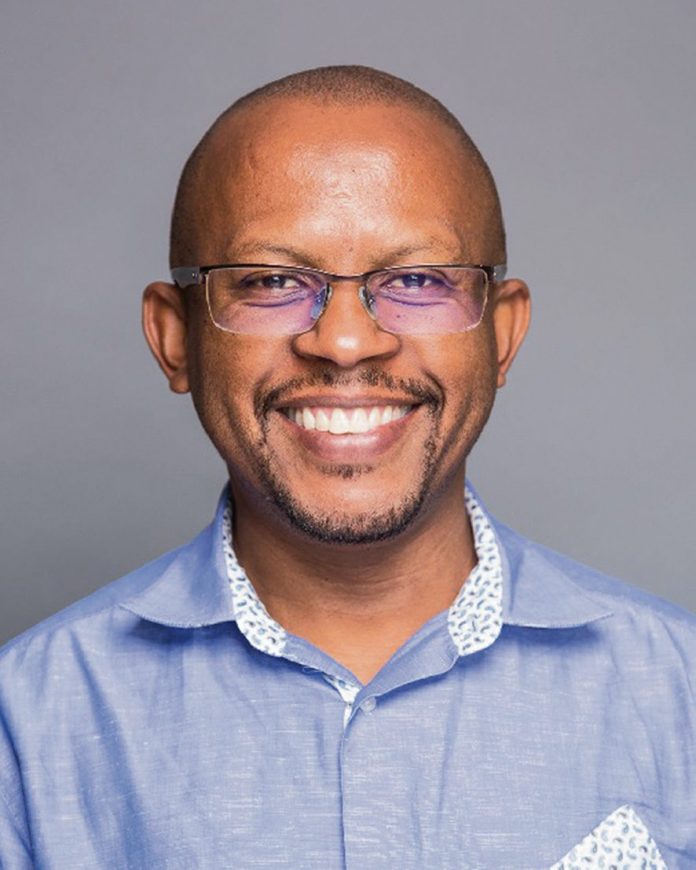In recent weeks, my mind has been occupied by the question of human migration and its causes.
From the borders of Ukraine to the streets of Diepsloot in South Africa, from the lands of South Sudan to the western parts of Myanmar, millions of displaced people search for hope and a place where they can belong.
A recently published report by the United Nations High Commissioner for Refugees asserts that almost 80 million people around the world have been forced from their homes, with about 26 million having refugee status. Here in South Africa, we have the highest number of unresolved
asylum cases in the world.
On March 23, the Nelson Mandela Foundation hosted the launch of a new song for refugees titled Homeland. Not surprisingly, the invasion of Ukraine by Russia loomed large in the conversation, as did the challenges of what are called xenophobia and Afrophobia in South Africa.
Underpinning the dialogue were often very different understandings of belonging, sovereignty, the nature of boundaries between nation states and the ethics of hospitality. In 2022, for instance, what do we make of the Freedom Charter’s assertion that South
Africa belongs to all who live in it?
What is happening in Ukraine has been instructive at so many levels. We condemned the invasion and called for the war to be stopped. And we have condemned the ways in which countries of the global north have welcomed Ukrainian refugees with open arms after decades of resisting migrations from Africa, Syria and other parts of the world, which are home to black populations and to people of colour.
White lives are valued in ways that others are not.
White immigrants continue to be welcomed into our country. Operation Dudula isn’t about to mount an intervention to check their permits and other paper work.
Those who are at risk are black populations and people of colour, especially those who have migrated from other countries on the African continent. Not only can this not be right; it is also a sad manifestation of apartheid and related logics.
In the rhetoric of Operation Dudula, it is certain categories of non-nationals who are invading South Africa.
When the rule of law is cast aside and strategies of violence adopted, the biggest losers are always communities of the weak and the vulnerable.
Here in South Africa, the Nelson Mandela Foundation will be reaching out to both the minister of police and the leaders of Operation Dudula to explore ways of finding just and sustainable solutions to the intractable problems confronting us.
Follow @SundayWorldZA on Twitter and @sundayworldza on Instagram, or like our Facebook Page, Sunday World, by clicking here for the latest breaking news in South Africa. To Subscribe to Sunday World, click here.



